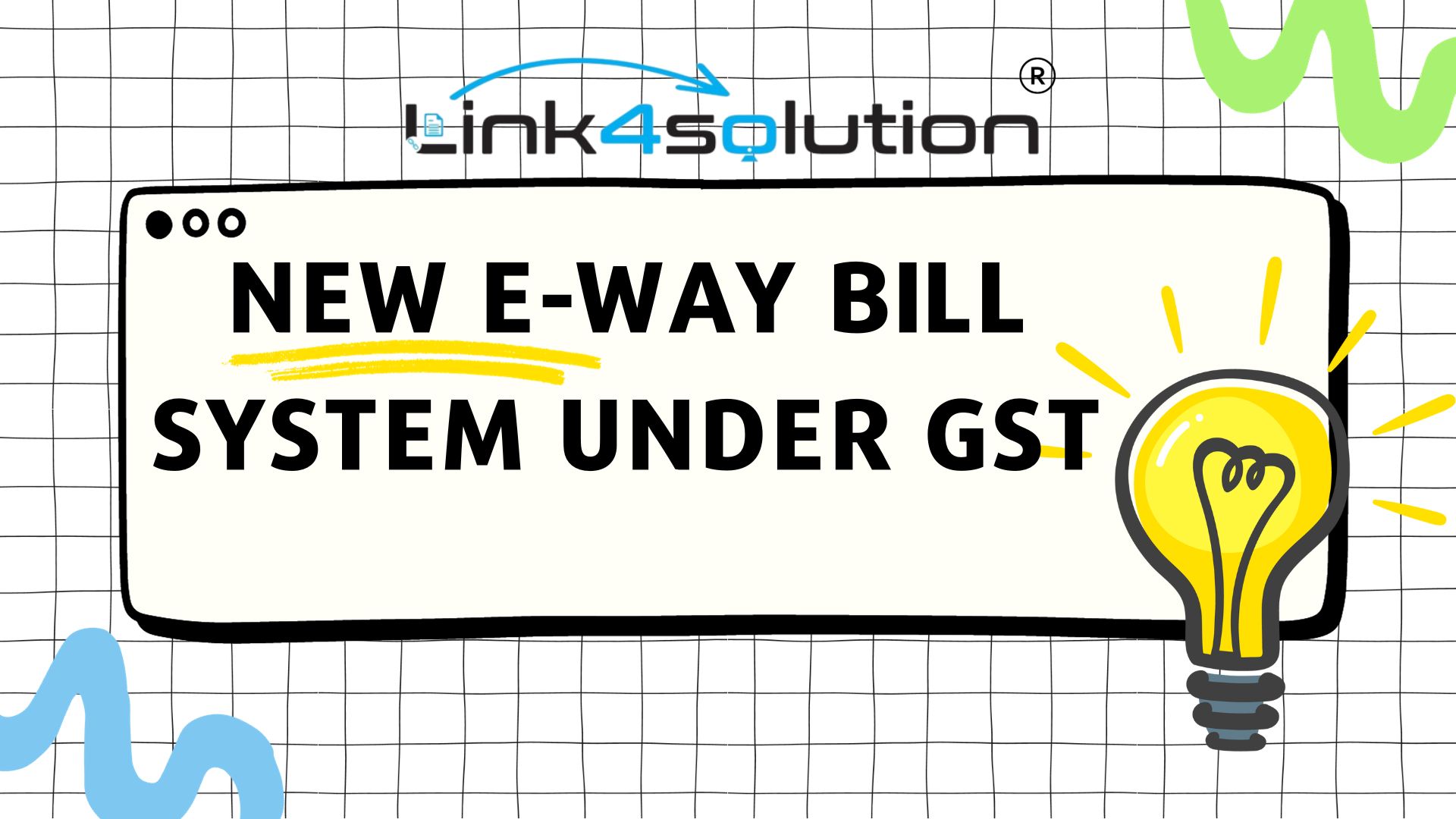The Micro, Small, and Medium Enterprises (MSME) sector in India is a crucial catalyst for economic growth, innovation, and job creation. Exceeding 63 million, MSMEs substantially contribute to the nation’s GDP and exports, underscoring their critical significance. For numerous MSMEs, accounting continues to be a formidable barrier that constrains their growth potential. Effective financial management is essential; nevertheless, numerous enterprises in this sector continue to depend on antiquated procedures or lack the proficiency to optimize their accounting practices. What is the outcome? Overlooked prospects, regulatory dangers, and fiscal instability.
The Accounting Dilemma for MSMEs
What is the significance of accounting for MSMEs?
The solution resides in the essence of business management. Efficient accounting enables MSMEs to monitor income and expenditures while ensuring that enterprises can make educated decisions grounded in precise financial information. Effective accounting procedures provide MSMEs with the essential foundation for success, whether in managing cash flow, asking for financing, or ensuring compliance with tax requirements.
Nonetheless, numerous Indian MSMEs have distinct challenges in this domain. Scarce resources, inadequate access to sophisticated accounting tools, and limited financial literacy result in several MSME owners facing challenges in maintaining their financial records. Furthermore, in a swiftly changing regulatory landscape, maintaining compliance with tax legislation, including the Goods and Services Tax (GST), can be daunting.
Principal Accounting Challenges Encountered by MSMEs in India
1. Regulatory Complexity
The regulatory landscape in India is intricate, requiring MSMEs to comply with many statutes, including GST regulations, income tax submissions, and labor legislation. Remaining informed about these evolving regulations is essential however frequently challenging for small enterprises that do not possess specialized accounting personnel. Non-compliance may result in penalties, fines, and even legal issues, so hindering growth.
2. Insufficient Documentation
Many MSMEs find it challenging to maintain precise and comprehensive financial records. Inadequate paperwork complicates the evaluation of profitability, tax management, and funding applications. Moreover, the continued use of manual bookkeeping systems in many MSMEs heightens the possibility of inaccuracies, hence complicating financial reporting.
3. Restricted Financial Access
Numerous MSMEs encounter difficulties in obtaining loans owing to their failure to present clear and precise financial statements. Financial firms necessitate meticulously maintained balance sheets and cash flow statements prior to extending credit. Inadequate accounting processes frequently result in MSMEs being deprived of essential funding, hence impeding their capacity for growth or investment in new prospects.
4. Limited Access to Finance
Cash flow is essential for the sustainability of any enterprise; nevertheless, inadequate cash flow management is a prevalent issue among MSMEs. In the absence of precise accounting, it is simple to mismanage receivables and payables, leading to liquidity challenges. Delinquent payments to suppliers and staff can jeopardize corporate relationships and result in operational difficulties.
Strategies to Address Accounting Difficulties
1. Adopting Technology
Micro, Small, and Medium Enterprises must implement contemporary accounting software that automates procedures, reduces inaccuracies, and guarantees real-time financial reporting. Cloud-based accounting tools facilitate account management, transaction tracking, and report generation with enhanced efficiency. Technology can streamline tax compliance by automatically computing GST and other tax obligations.
2. Outsourcing Accounting Services
A multitude of MSMEs in India are engaging professional accounting services for their bookkeeping, tax submissions, and compliance requirements. Delegating these activities enables organizations to concentrate on primary operations while guaranteeing that their accounting is managed by professionals. Moreover, outsourcing may prove to be more economical than employing an in-house accountant, particularly for small enterprises with constrained financial resources.
3. Enhancing Financial Literacy
Equipping MSME proprietors and managers with fundamental financial acumen is essential. By comprehending the principles of accounting, cash flow management, and taxation, MSMEs may enhance their financial decision-making and circumvent expensive errors. A plethora of workshops, online courses, and governmental efforts exist to enhance financial literacy in this industry.
4. Conducting Regular Financial Audits
Regular audits can furnish MSMEs with a more accurate assessment of their financial status. Audits assist in detecting irregularities, mitigating fraud, and ensuring legal compliance. Regular financial health assessments enable organizations to identify possible difficulties pre-emptively and uphold transparency with stakeholders.
Conclusion
In a competitive market, MSMEs must recognize the significance of rigorous accounting standards. This is when expert assistance becomes essential. Link4Solutions provides extensive accounting services customized for the requirements of MSMEs in India. Link4Solutions oversees daily bookkeeping and GST files while delivering financial reporting and auditing services, ensuring your firm remains compliant, efficient, and financially robust. Link4Solutions utilizes advanced technology and industry knowledge to enable MSMEs to concentrate on growth, delegating accounting issues to professionals. Explore https://link4solution.com to discover how their services may enhance your accounting operations and facilitate sustainable business growth.




